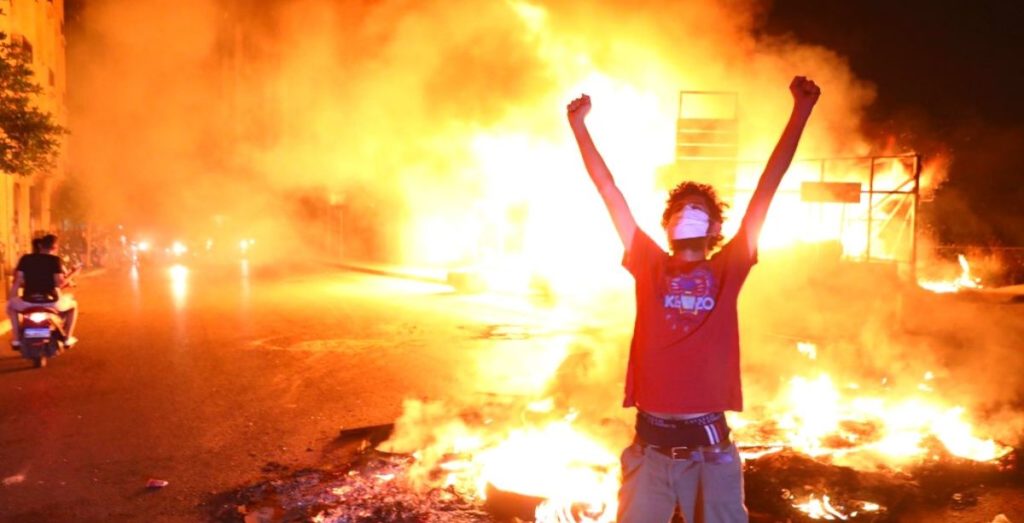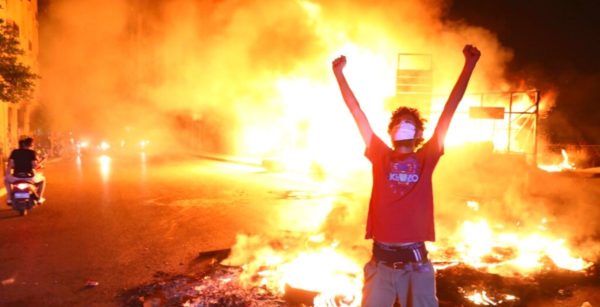Lebanon’s central bank will only subsidise fuel, wheat and medicine for three more months, an official source said on Thursday, as critically low foreign currency reserves dwindle.

A central bank official was not immediately available for comment, and the caretaker economy minister referred questions on the matter to the central bank.
The source told Reuters the bank had informed the government it would end the subsidies then in order to prevent reserves from falling below $17.5 billion.
Other sources had in July estimated that the reserves stood at some $18 billion, before this month’s massive Beirut port blast that killed 179 people and wrecked swathes of the city.
The explosion and its aftermath compounded a financial crisis that, since late last year, has slashed the value of the Lebanese pound on the parallel market, hitting imports as dollars grow ever more scarce. Inflation and poverty have soared.
Still, the official pegged rate of 1,507.5 Lebanese pounds to the dollar, in place since 1997, has remained available to subsidise the key imports of fuel, wheat and medicine – keeping their prices stable.
The now caretaker government, which resigned over the Aug. 4 blast, launched talks had in May with the International Monetary Fund after defaulting on its hefty foreign currency debt, citing low reserves.
But the negotiations stalled over inaction on reforms and a domestic row over the size of vast losses in the financial system.
Foreign humanitarian aid has poured in after the port explosion, but donors have made clear they will not bail out the state without reforms to tackle entrenched corruption and mismanagement.
REUTERS


Leave a Reply
You must be logged in to post a comment.